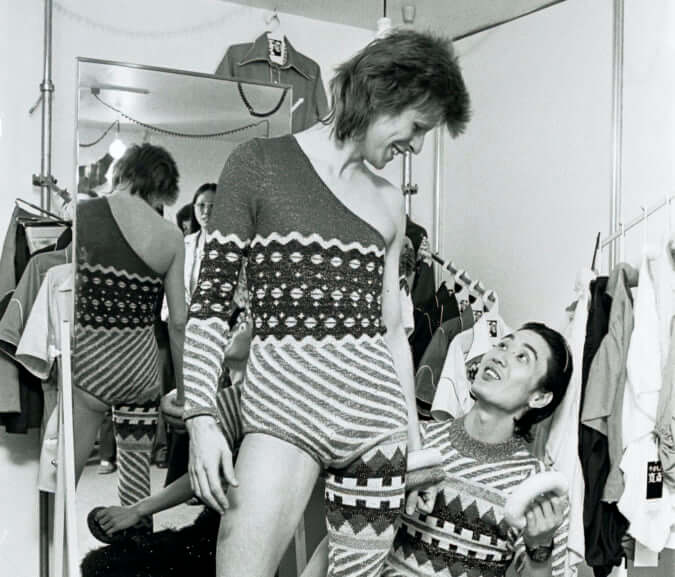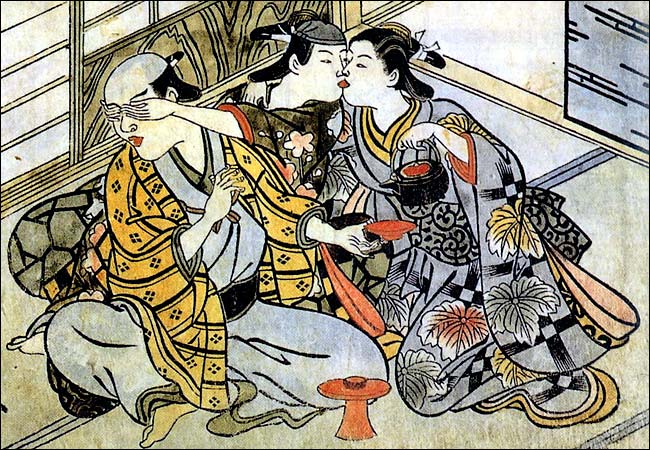Crafting Sustainable Elegance, The Essence of HYOGO LEATHER
The leading leather producer in Japan, Hyogo Prefecture combines the artisanal expertise of its tanners with three fashion brands.
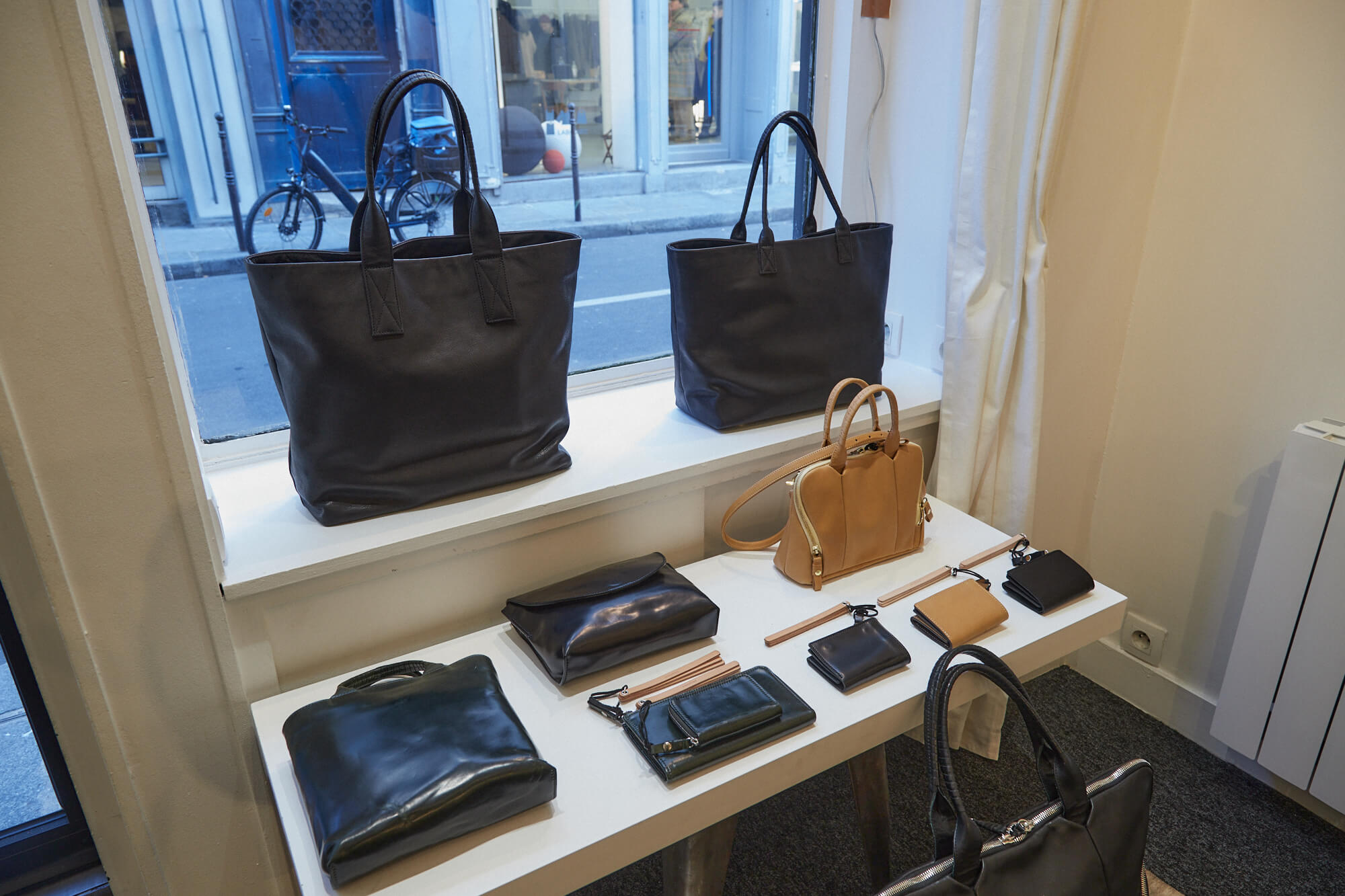
For over 1000 years, Hyogo Prefecture has been regarded as Japan’s foremost producer of cowhide leather. Abundant in water and salt (thanks to its numerous rivers and proximity to the sea), Hyogo accounts for 80% of Japan’s natural leather tanning. Tanners there uphold traditional manufacturing methods and produce high-quality leathers with their artisanal expertise. The HYOGO LEATHER project began with the aim of sharing the wealth of leather produced in Hyogo Prefecture with the world.
HYOGO LEATHER certifies only leathers from workshops where wastewater and waste treatment are meticulously controlled. This is a concern shared worldwide, where sustainable projects are seen as guarantors of quality products and environmental preservation. With the idea of furthering its international development, the project participated in Paris Men’s Fashion Week. From January 17 to 22, 2024, three brands of bags, shoes, and hats made from leathers sourced from the HYOGO LEATHER project were exhibited.
Custom-made Unique Colors
Among them, hat maker Cableami collaborated with HYOGO LEATHER for the first time. Founded in 2008, this brand derives its name from the traditional Aran ‘cable’ knitting yarn and the Japanese verb for ‘knitting’ (amu). Designers Shuji and Tomoka Sadamori first heard about HYOGO Leather from one of their eccentric designer friends. ‘Their tanners themselves perform tanning and dyeing of their leathers, down to the finishes,’ they say. ‘Each one is independent, and we can trust them; that’s what gives them their charm.’
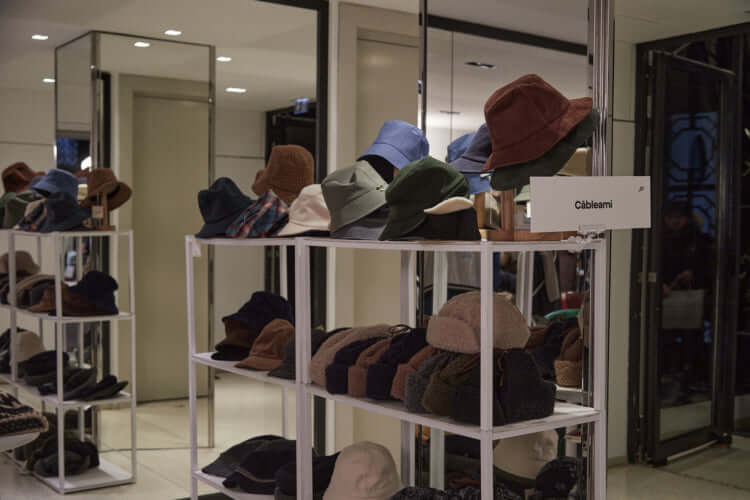
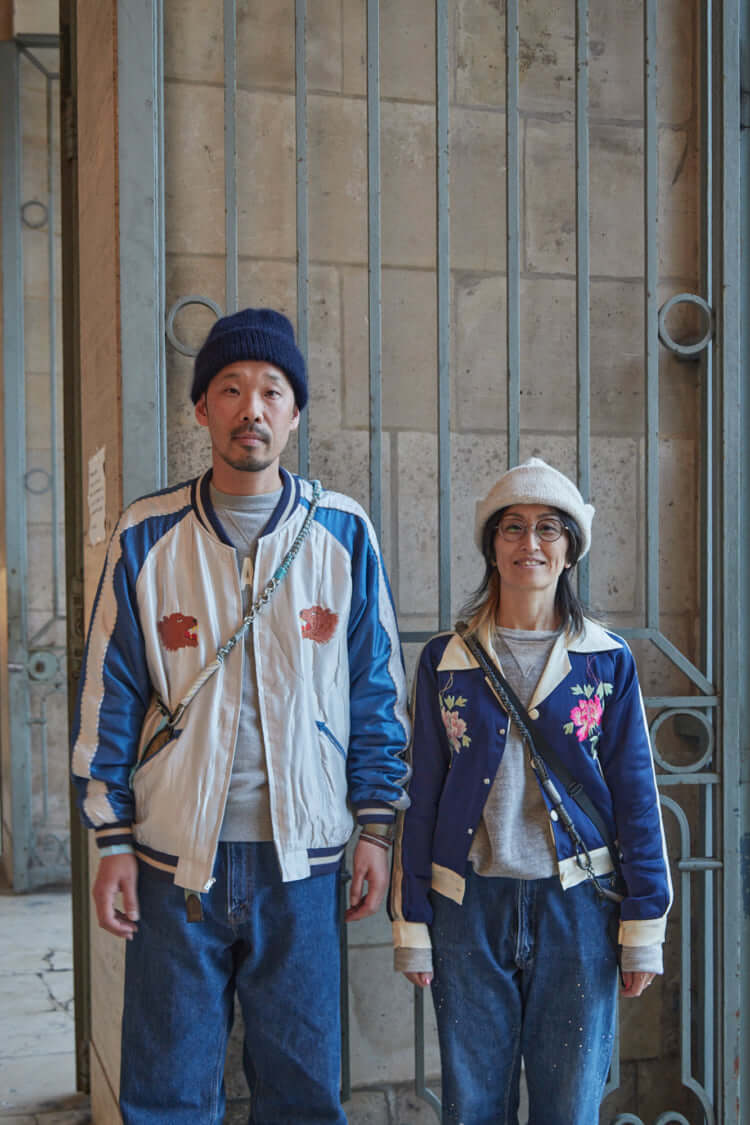
On this occasion, the brand designed two hats with HYOGO LEATHER. ‘We enlisted a tanner who focuses on leather dyeing. He achieved a color that enhances the leather for one and a unique, deep green color seldom seen for the other. A hat is a complex piece to make; if the leather isn’t fine enough, it’s very difficult to produce. The design this time was very delicate and highlighted the extreme skill of the tanner.’
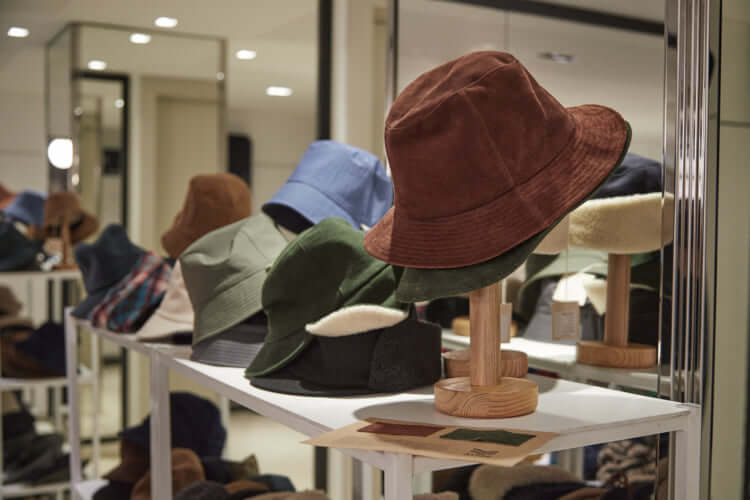
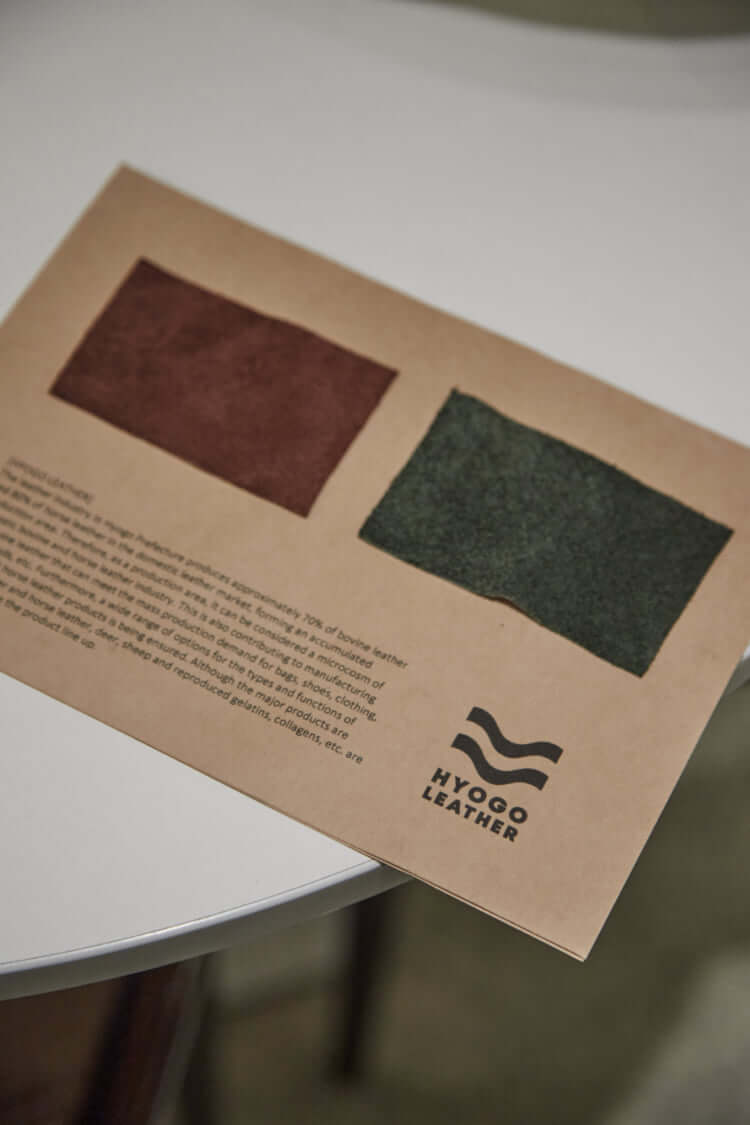
Zeolite Dyeing, a New Method of Sustainable Tanning
Shoemaker PETROSOLAUM has been collaborating with HYOGO LEATHER for about ten years. Designer Sotaro Ogino launched the brand in 2012 with the concept of creating both utilitarian products and works of art.
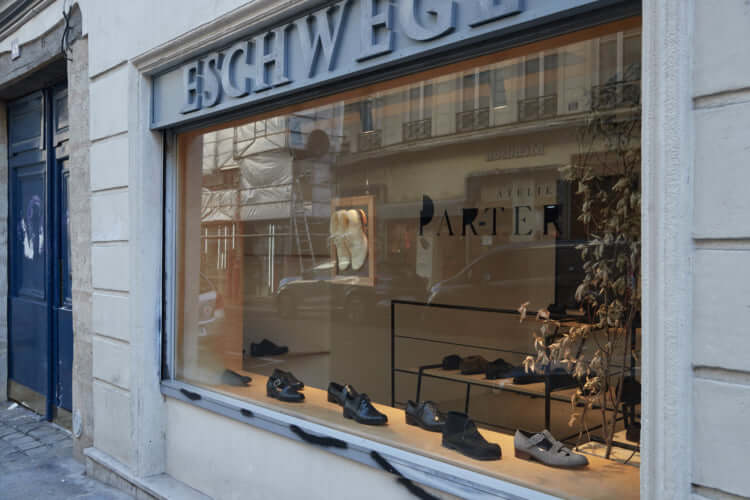
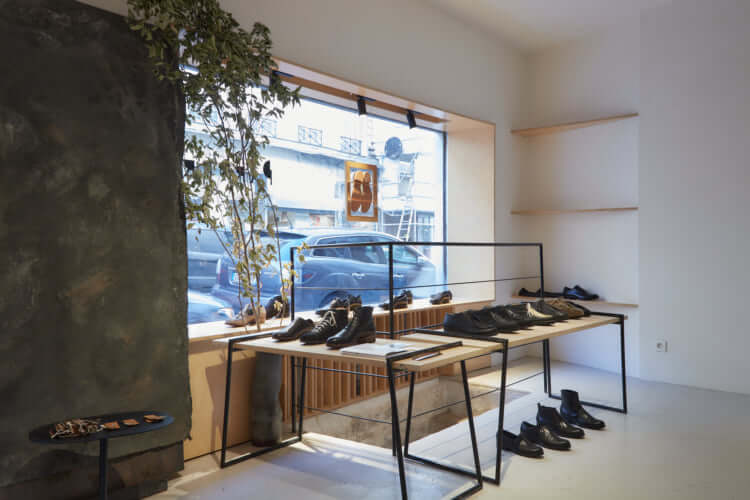
‘From the beginning, I wanted to penetrate the foreign market, and as a Japanese brand, it was important for me to use Japanese leather. HYOGO LEATHER has a long history, and the tanners involved are very experienced. To showcase our originality and present leather in a way it has never been seen before, I wanted to create unique pieces with them.’
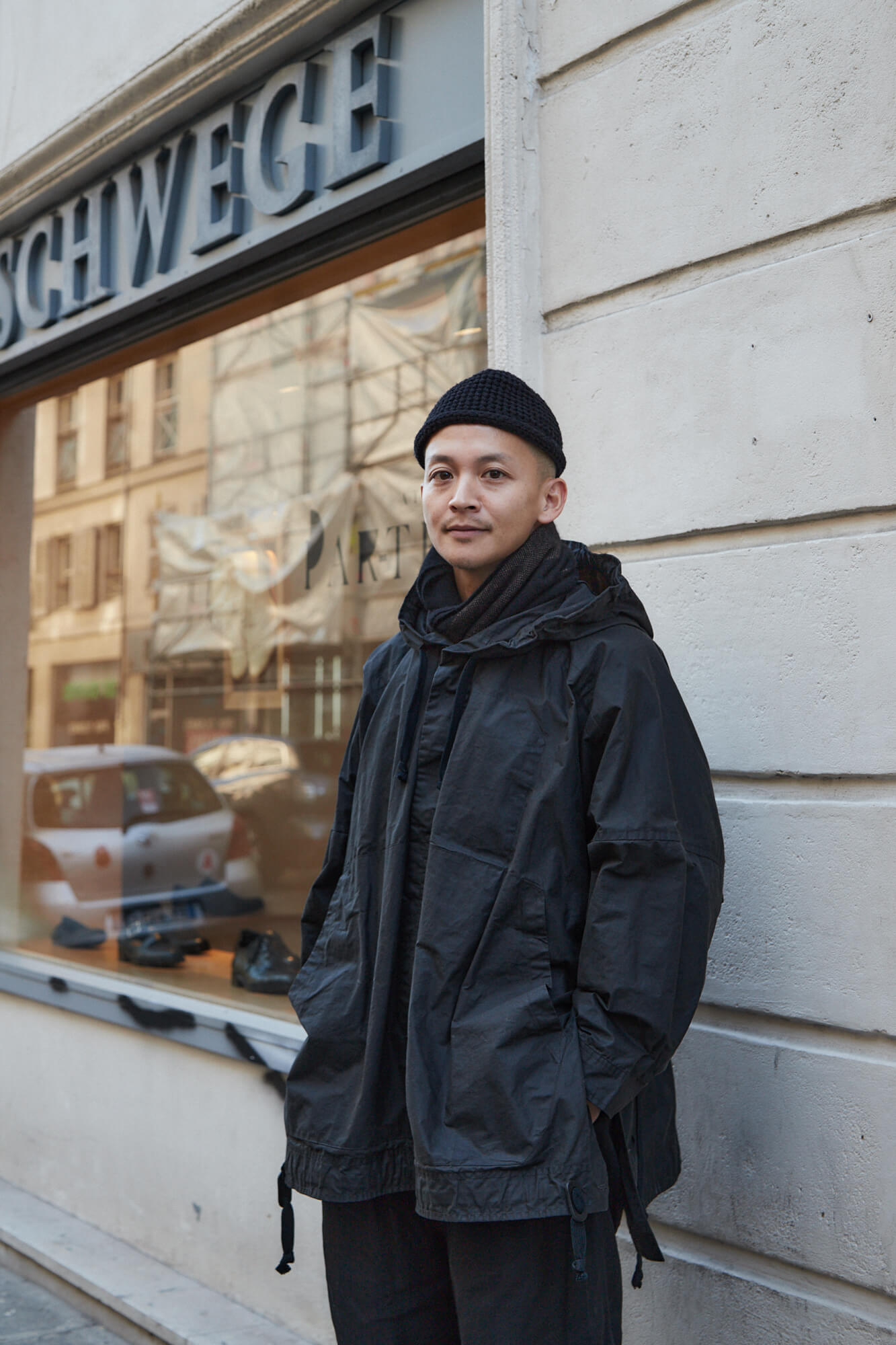
The designer chose the theme of drought for this new collection. ‘I wanted to express our current situation of depleting the planet’s limited resources through the material,’ explains Sotaro Ogino. ‘Smooth and shiny leather evokes moisture, while grainy leather evokes dryness.’
Leather has the versatility to it. Shiny leather is suitable for grand occasions, while grainy leather has a vintage look. Among the various collections of the brand, one series is characterized by the worn appearance of the products obtained through the method known as ‘dyeing on product.’ This involves washing and dyeing the product after it is made, and the resulting leather, in black, green, or dark brown, is called ‘zeolite leather’ after this new sustainable tanning method. Zeolite tanning ensures that the leather is biodegradable.
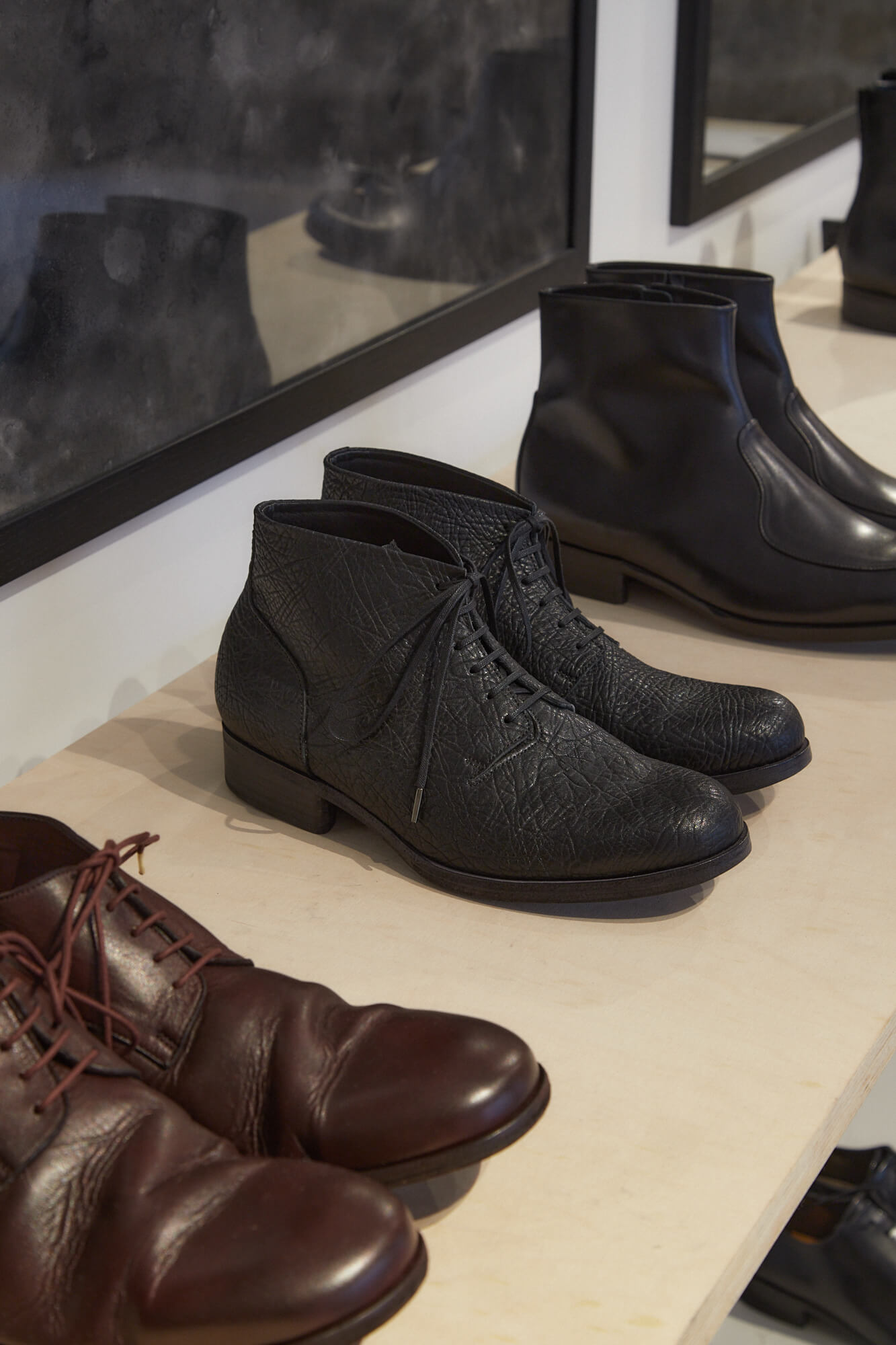
‘Of course, our times call for consideration of sustainability. Regarding the leather production process, the Leather Working Group (LWG) certifies only environmentally friendly tanners, setting a new international standard, and major fashion houses have begun stating that they will only use LWG-certified leather. Japan is still lagging behind, and this certification is not widespread here. As for us, producing sustainably is essential for our international development.’
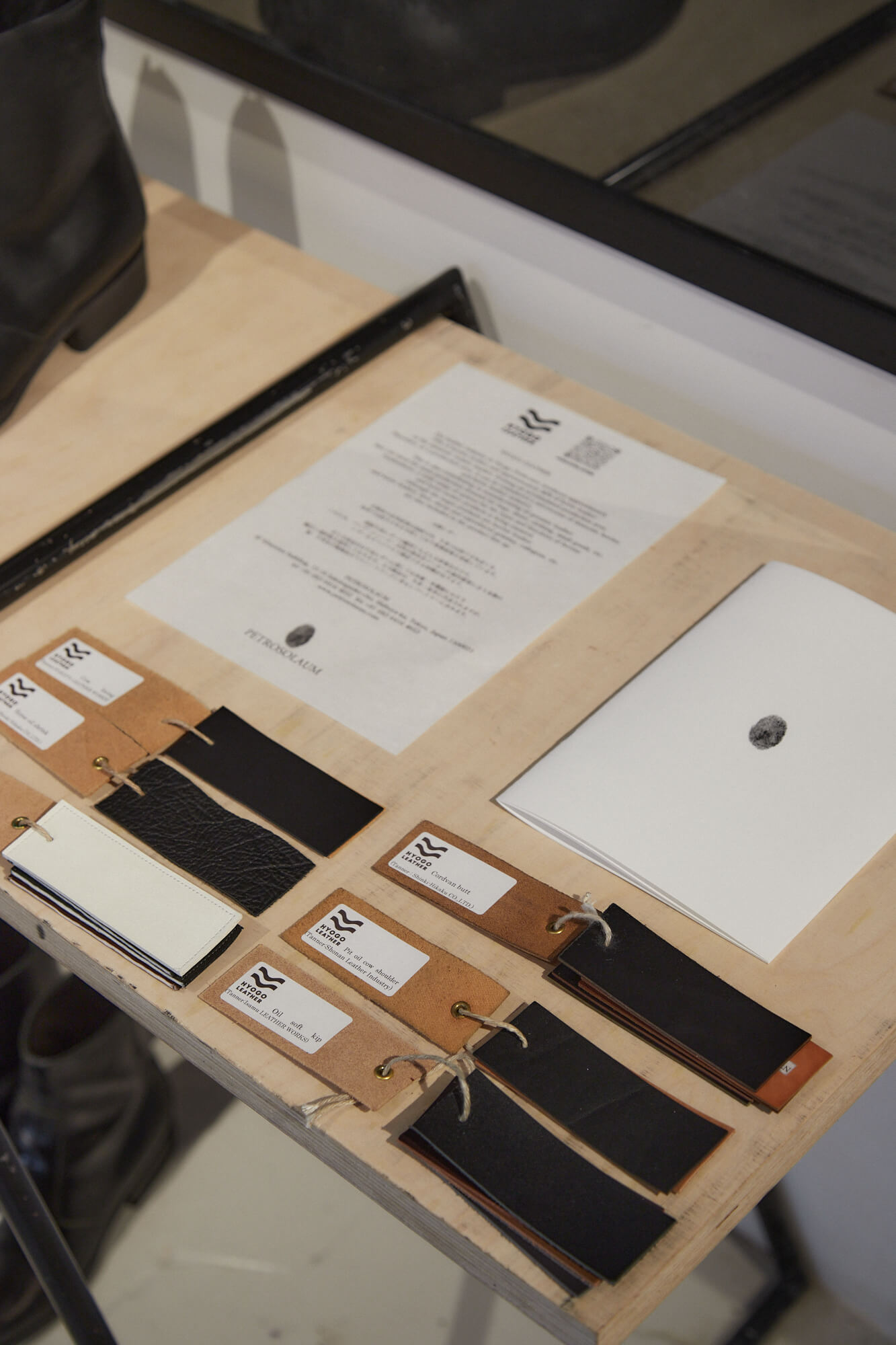
Leather Expressing Japanese Identity
Daisuke Iwanaga, the designer of cornelian taurus by daisuke iwanaga, who has remained in the background until now, continues: ‘We must bring back and share the experience we gained abroad in Japan.’ In parallel with his work as a buyer for a clothing brand, he launched his own brand in 2007. While walking the streets of Paris carrying a bag of his own making, he was approached by a fashion journalist, and his creations were integrated into a concept store renowned internationally. His bags, made from high-quality leather crafted by Japanese tanners, are simple and timeless. Elegance permeates even the smallest details, like handles evoking Japanese swords or metal elements inspired by ship equipment.
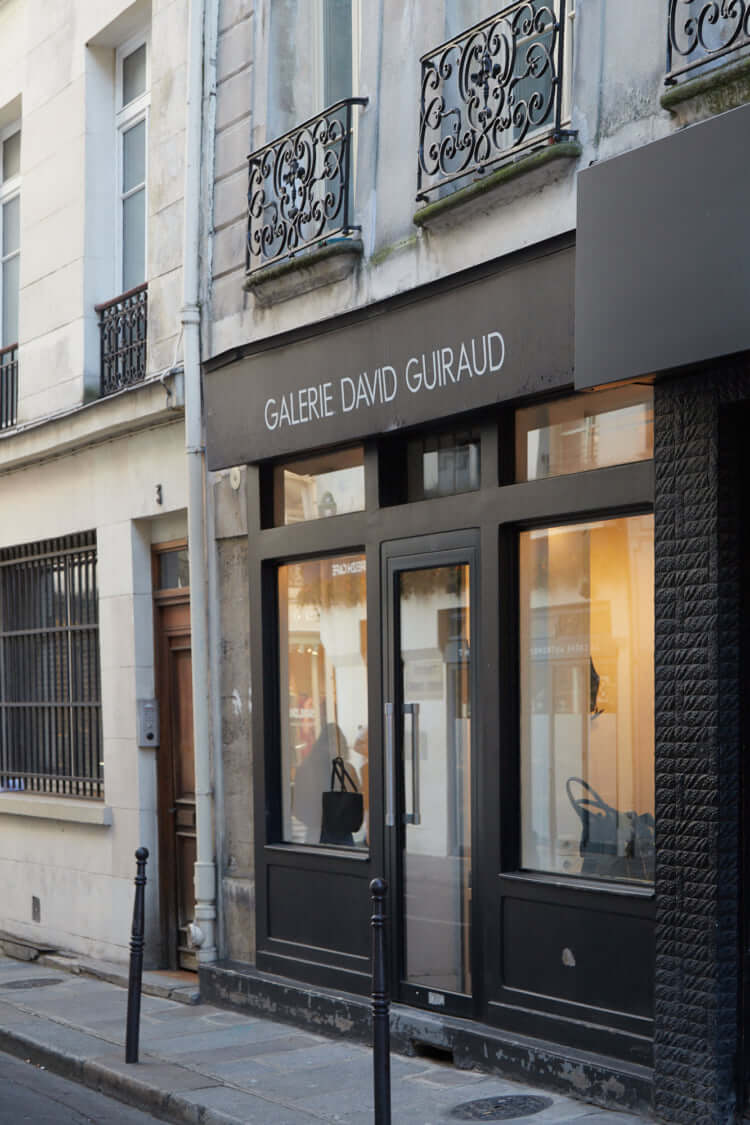
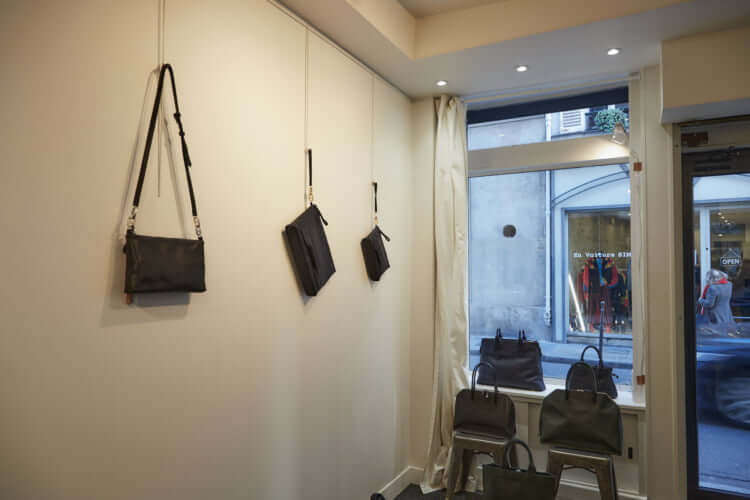
Being based in Kobe, the city where he was born and raised, allowed him to encounter HYOGO LEATHER. ‘When I was a buyer, I noticed that creators, especially those from Italian brands, strongly expressed their roots in their products, drawing inspiration from the culture and characteristics of their native regions. When I launched my brand, I wanted to create products from local materials that would express the identity of Japanese people. I was born in Kobe, but 80% of Japanese leather comes from Hyogo Prefecture. It could be compared to Florence in Italy. Like the Italians, I wanted to create products from my homeland that would be recognized worldwide, which is why I started looking into Hyogo Prefecture leather.’
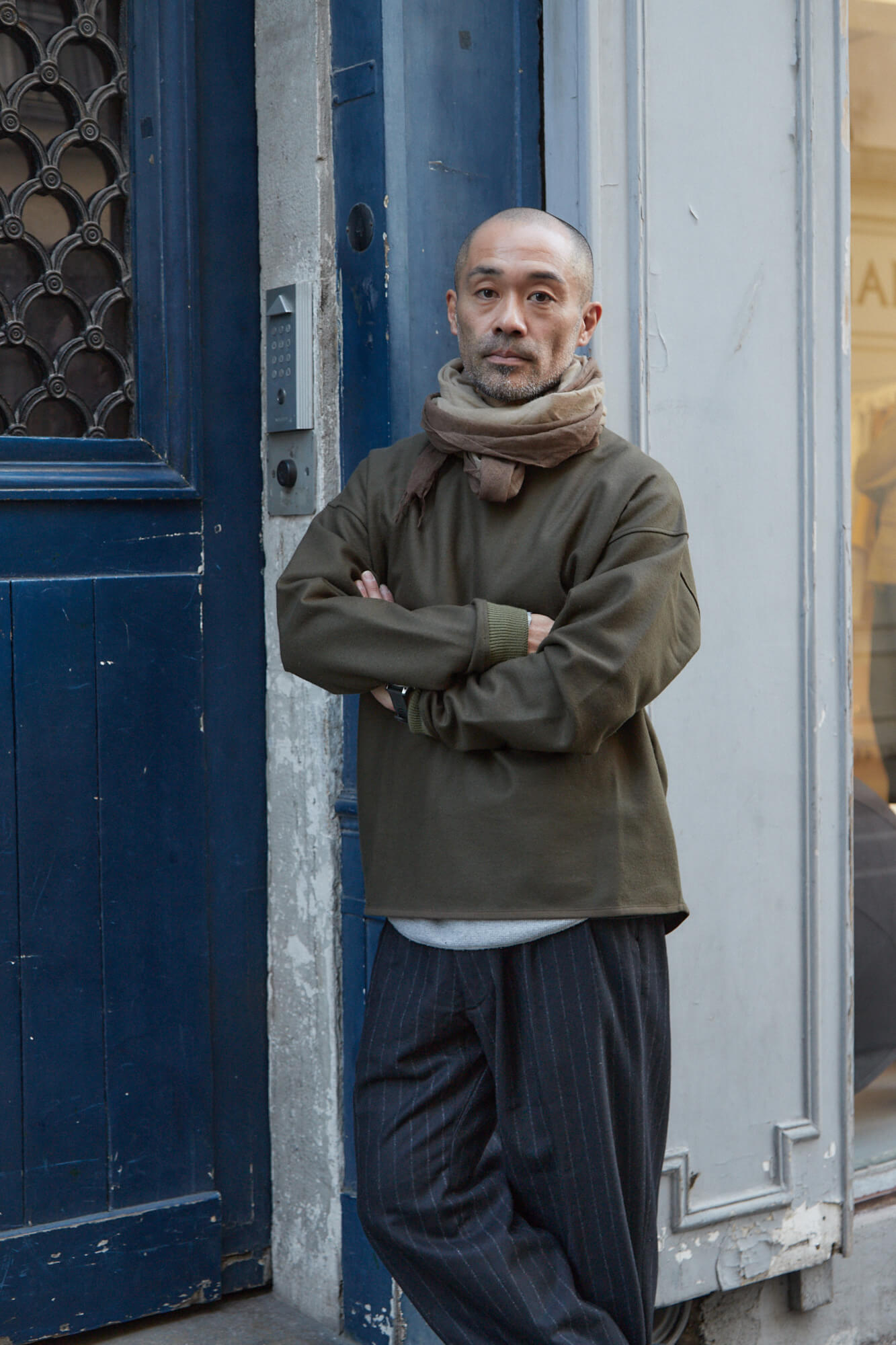
What draws attention in his new collection is zeolite leather. ‘Since this technique is still new, it has not yet been finalized. The concept of this collection is precisely ‘unfinished’; I thought about it when I was able to handle zeolite leather. This is reflected, for example, in a bag handle interrupted in the middle, in such details that indicate the product is in the process of being finalized.’
The interest of zeolite leather lies in its low environmental impact. But the designer was also attracted to the personality and skill of the tanners. ‘Their current representative is someone who previously worked for a German pharmaceutical company, and his way of thinking is different, in a positive sense. What we are looking for are people with a unique approach, who will bring us original answers. The superficial difference of this leather is that it is softer and looser, but it gives an elegant finish. A good finish is not one that is too beautiful and perfect; for us, balance is important.’
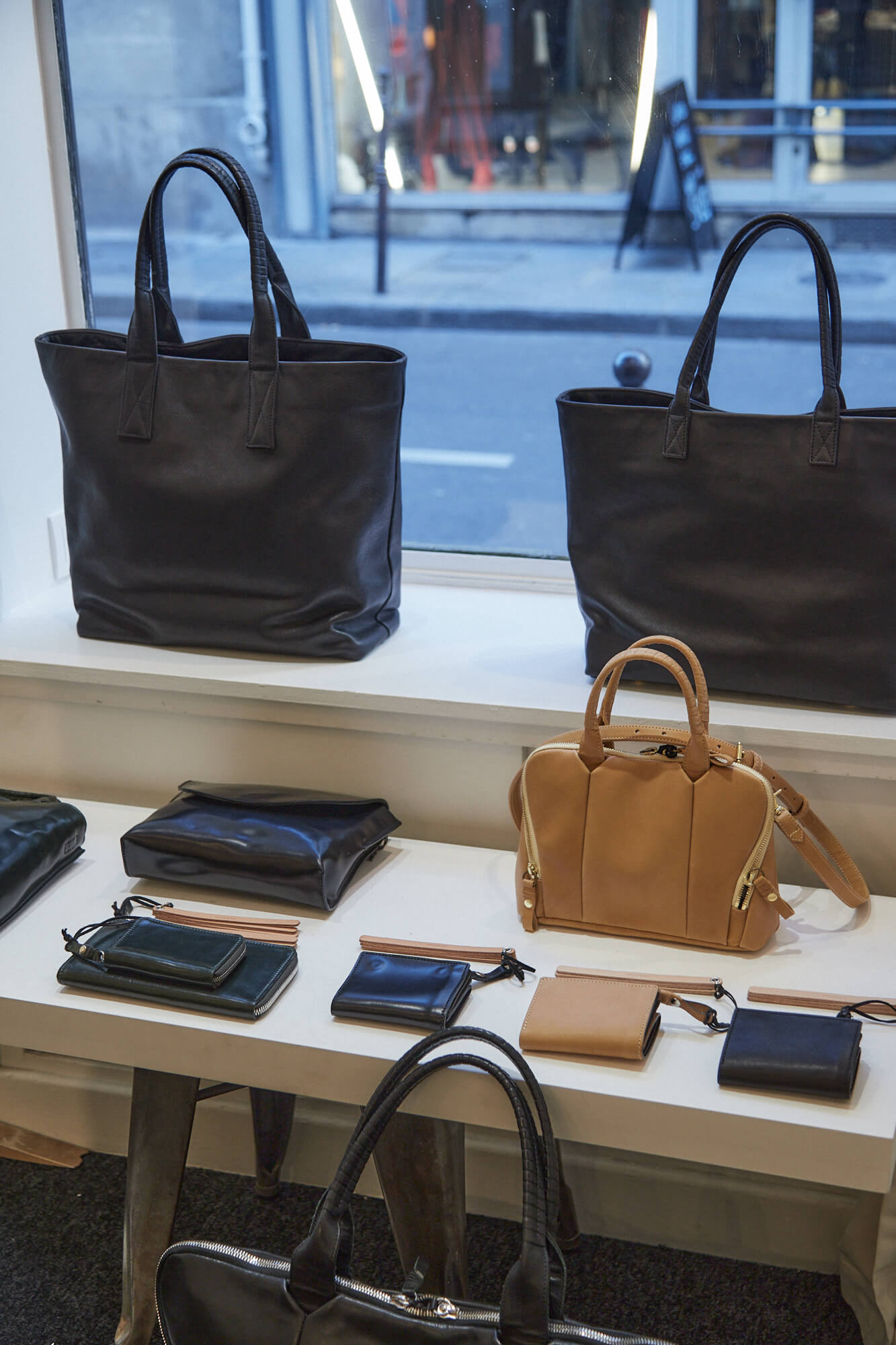
Local Leather Production for Better Quality Products
To create while being involved in the smallest details of production, close to the tanners, producing and consuming locally is essential. ‘Honestly, in terms of history and context, there are certain points where we cannot beat European leather. Japanese leather has a beauty of its own. For example, abroad, it is considered natural for leather to be scratched or for its quality to vary. Whereas in Japan, leather tanning was introduced after industrialization, so the manufactured leather is of constant quality. Moreover, the tanners of HYOGO LEATHER are nearby, which allows us to delve into the details with them. Many are sincerely attentive to what we would like to produce and what we propose to them, always ready to take on challenges. We trust them because we know they will succeed even if the production process is complicated.’
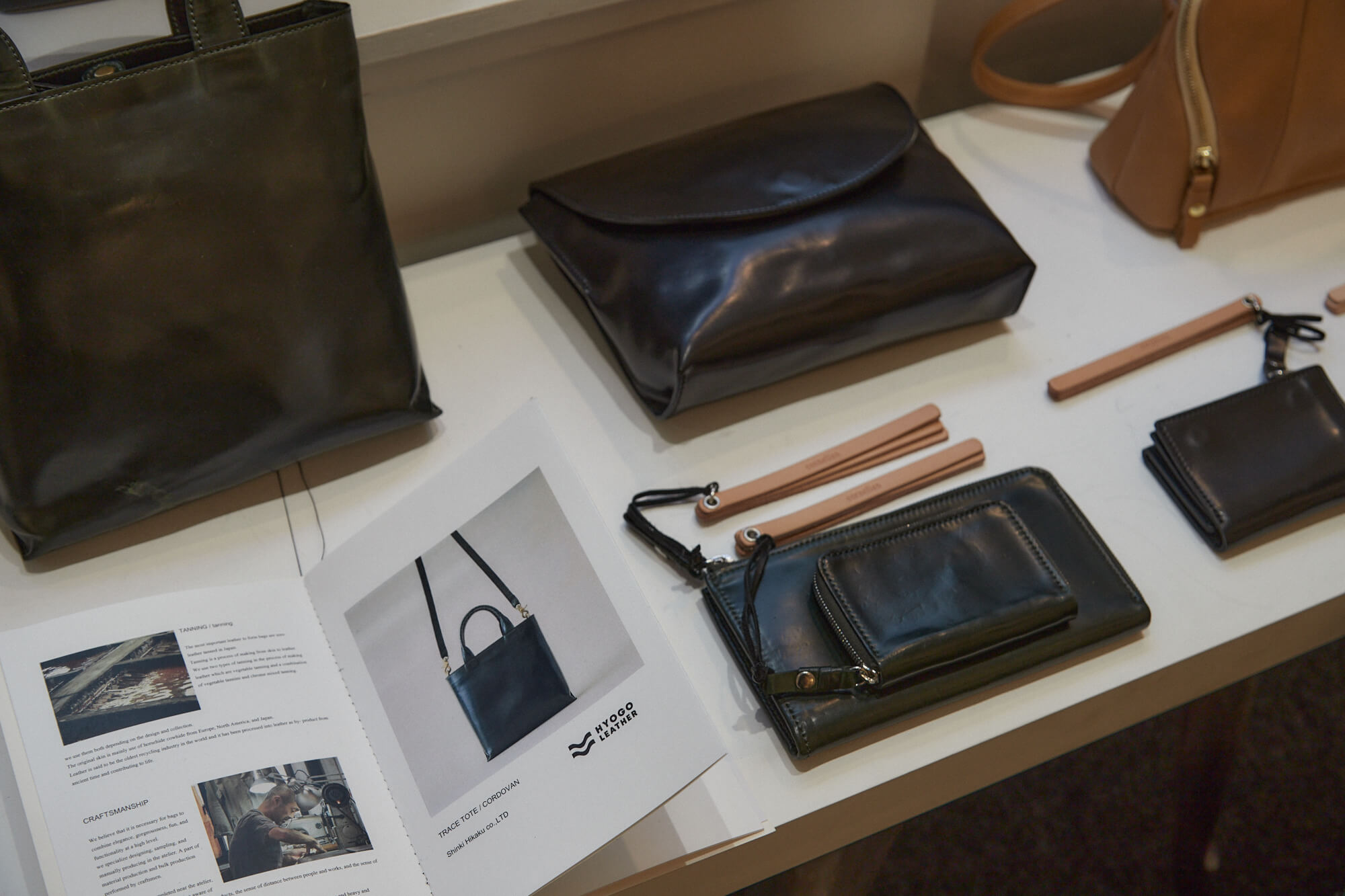
TRENDING
-
Hiroshi Nagai's Sun-Drenched Pop Paintings, an Ode to California
Through his colourful pieces, the painter transports viewers to the west coast of America as it was in the 1950s.

-
The Tattoos that Marked the Criminals of the Edo Period
Traditional tattoos were strong signifiers; murderers had head tattoos, while theft might result in an arm tattoo.

-
David Bowie Dressed by Kansai Yamamoto
The English singer was strongly influenced by 'kabuki' theatre and charged the Japanese designer with creating his costumes in the 1970s.

-
Paris, Tokyo: Robert Compagnon
With his co-chef and talented wife, Jessica Yang, Robert Compagnon opened one of the top new restaurants in Paris: Le Rigmarole.
 3:31
3:31 -
Rituals of Ancient Gay Shunga Erotica
Shunga was prolific in Japan during the Edo period, with ‘nanshoku’ referring to the depiction of homosexual erotica.



